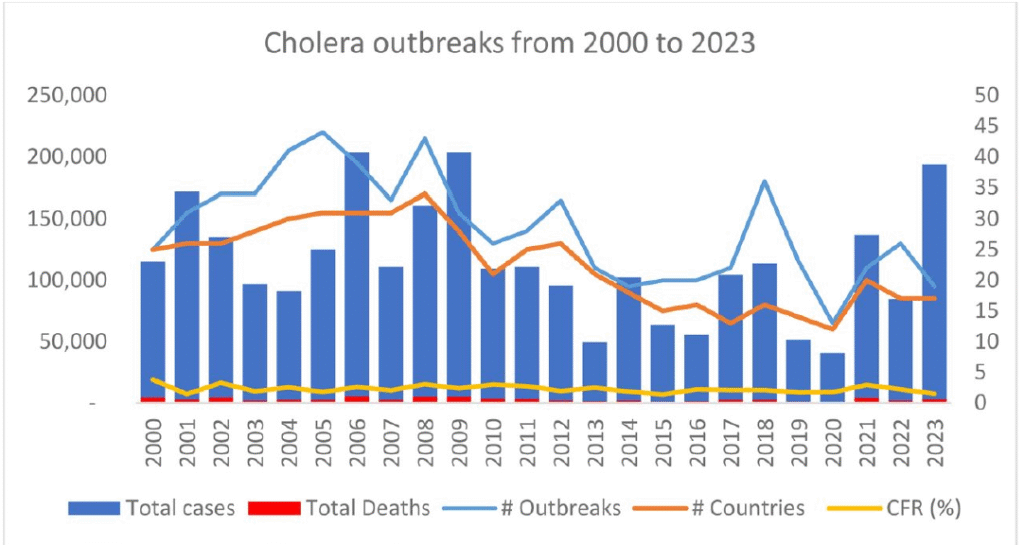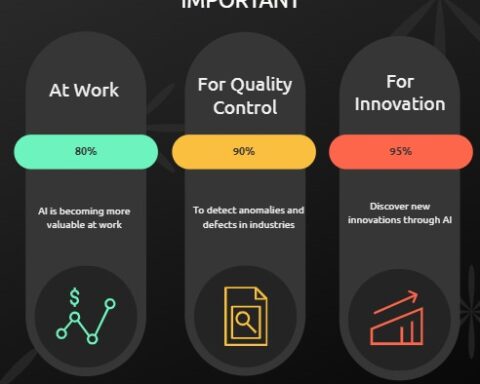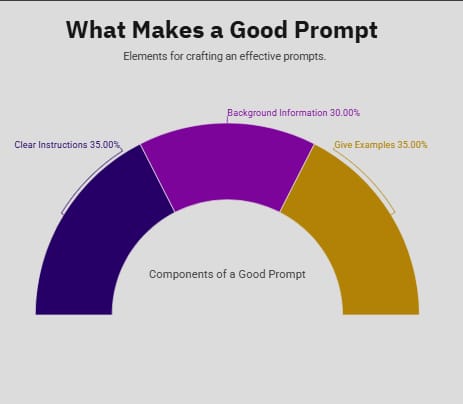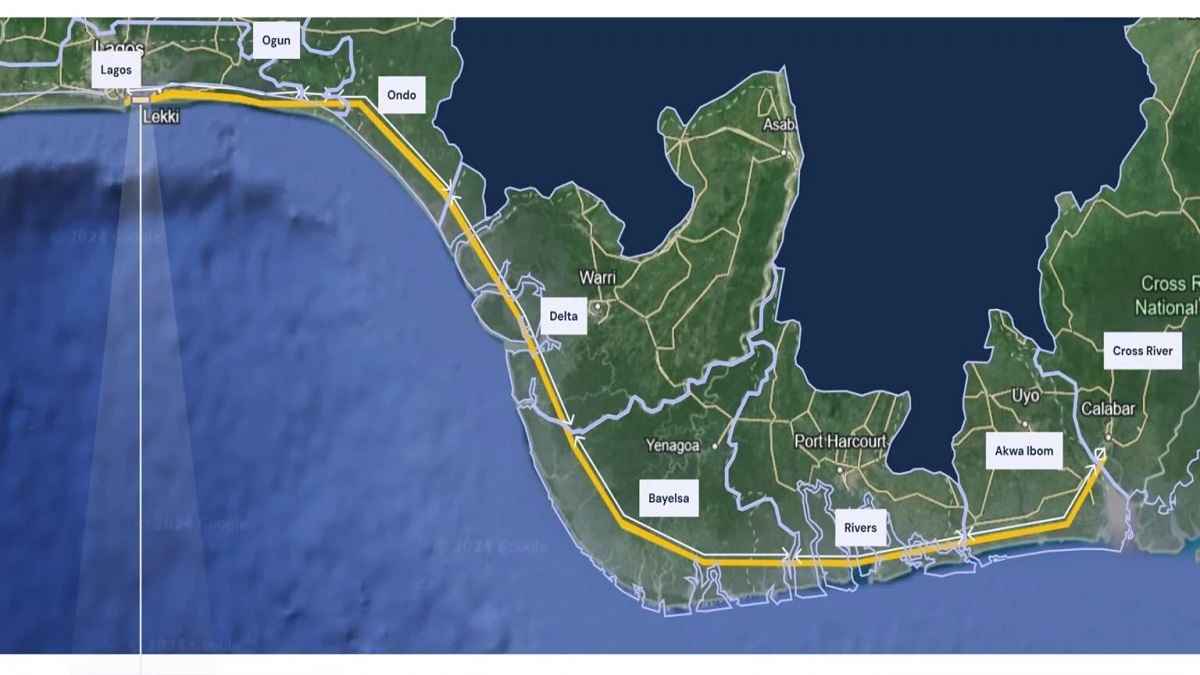In many parts of the world, cholera is a disease of the past . It is a story mentioned in history books, not a threat that still impacts daily life. Yet in Nigeria, cholera continues to claim lives, especially during rainy seasons when flooding mixes with poor sanitation. In Nigeria, over 10,000 cholera cases were reported in 2024. Specifically, the Nigeria Centre for Disease Control and Prevention (NCDC) reported 10,837 suspected cases between January and September, with 359 deaths. But why, in a country rich in oil and natural resources, is a waterborne disease still killing people?
The answer isn’t just about germs but about governance, infrastructure, and whose lives are prioritized.

Cholera is caused by ingesting food or water contaminated with Vibrio cholerae bacteria. The symptoms are severe: vomiting, dehydration, and often death if not treated quickly. It’s entirely preventable with access to clean water, working sewage systems, health education, and responsive medical services. Countries like Bangladesh and Vietnam, once overwhelmed by cholera, have seen dramatic declines after consistent government investment in public health and water infrastructure. So again: why not Nigeria?
To talk about cholera in Nigeria is to talk about corruption and inequality. Billions of naira have been allocated to water and sanitation projects over the years, but where do those funds go? Broken pipes are left unfixed. Water and sewage systems rarely reach the communities that need them most. Entire rural areas share water with animals. Public toilets, if they exist at all, are often unusable.

When politicians campaign, they promise clean water. When they win, that promise is never met and the reality is harsh. Clean water is still a luxury in parts of Nigeria and when access to clean water is treated as a privilege for the few instead of a guaranteed right for all, disease thrives.
And unfortunately, cholera doesn’t hit everyone equally. It’s not showing up in the homes of the wealthy. It’s the IDP camps, in overcrowded schools and in rural villages. And when governments fail to protect their most vulnerable citizens, diseases like cholera begin to become more rampant. The deaths we see from cholera aren’t the result of some mysterious illness or lack of medical knowledge. They are the direct result of political choices. Choices not to prioritize sanitation. Choices to underfund healthcare. Choices to ignore rural infrastructure and delay emergency responses.
Ending cholera in Nigeria isn’t just about handing out chlorine tablets or oral rehydration salts. We need transparency around how water and health budgets are used. We need stronger emergency responses during floods and outbreaks. We need education campaigns about safe water practices. We need to include rural and marginalized communities in infrastructure planning. And above all, we need a government that treats clean water as a right and not a reward. Cholera in Nigeria is not just a medical issue. And we can’t solve it without asking hard questions about leadership, inequality, and accountability.
We should not be okay with children dying from a disease that could be prevented with a bucket of clean water and a functioning government and the real sickness is that so many people choose to look away.
In conclusion, it is imperative that government officials from Nigeria, who often seek medical care in foreign countries equipped with advanced infrastructure, recognize the need to invest in similar facilities and resources here at home. The time has come for them to prioritize the health and well being of their own citizens, ensuring that clean water, adequate sanitation, and reliable healthcare services are accessible to all.
Let charity begin at home and if our leaders truly care about the welfare of their people, they must channel their efforts and resources into building a healthcare system that can stand on par with the best in the world. By doing so, they will not only save lives but also restore faith in governance, demonstrating that the health of every Nigerian is as important as their own comfort abroad.
ABOUT THE AUTHOR

Feyi Akinfesoye is a passionate Nigerian teenager currently attending high school in Maryland, USA. Born in Richmond, Texas, to Nigerian parents, Feyi spent her early years in Nigeria, where she developed a deep interest in medical and public health issues. Since moving to the United States for her secondary education, she has embraced her passion for writing by exploring and addressing relevant topics in the field through articles published in local newspapers. Feyi aims to inspire others and raise awareness about health-related challenges, drawing from her unique cultural background and experiences. With a commitment to making a difference, she hopes to contribute meaningfully to discussions around health and wellness.









